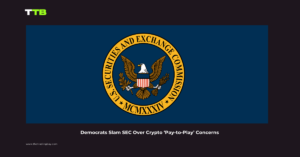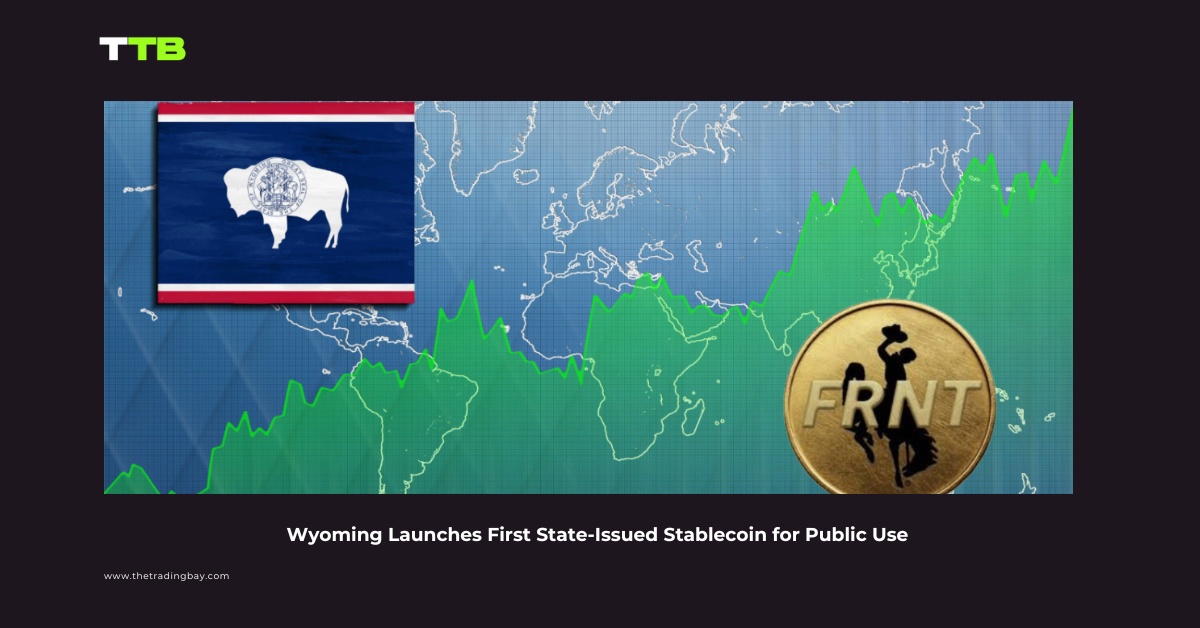While the global debt markets have come under heavy pressure in the last couple of months amid fears of recession, rising inflation, and default, Saudi Arabia’s Sukuk deals have continued to boom.
Saudi Arabia’s domestic sales of Sukuk, governed by Sharia laws, reached a whopping $14.4 billion in the first quarter, representing a 185% rise from last year. This accounts for over 60% of global domestic Sukuk sales. More so, the Kingdom alone sold over half of it.
Saudi Arabia’s Sukuk was launched along with Crown Prince Mohammed bin Salman’s Vision 2030 plan, which would see the country end its overreliance on oil. By financing the project, the government has helped shield the Sukuk market from a global downturn that has put a lot of pressure on emerging debt markets, including the Eurobond, which has shrunk by half this year alone. Another thing fueling local sales of Sukuk is investor demand amid significant losses suffered by global debts. More so, the country’s central bank has continued to pump cash into banks to ease the liquidity crunch.
According to a Dubai-based credit strategist, so many projects are being executed in Saudi as the country works on attaining its 2030 vision. All these projects need funding, and the government has made that possible. This has continued to increase demand for Sukuk, especially among local investors.
The Sukuk and its growing potential
After three years of offering Sukuk to local investors, the Capital Market Authority lifted the embargo on local use in 2020, allowing foreigners to invest directly in listed and non-listed debt instruments. But despite the move, the market is still dominated by local investors, particularly insurance and fund companies.
Given the incredible success garnered by Saudi Arabian Sukuk, the Kingdom is set to declare its first budget surplus in over a decade. While government revenue has skyrocketed on rising oil prices, it hasn’t impacted borrowing. Elsewhere, the country’s finance minister stated in May that the government plans to keep excess oil revenues in its current account until next year as the country works to diversify its economy away from oil.












